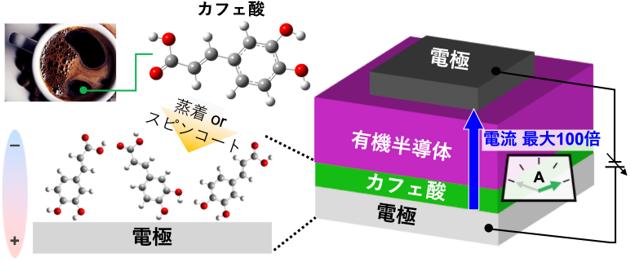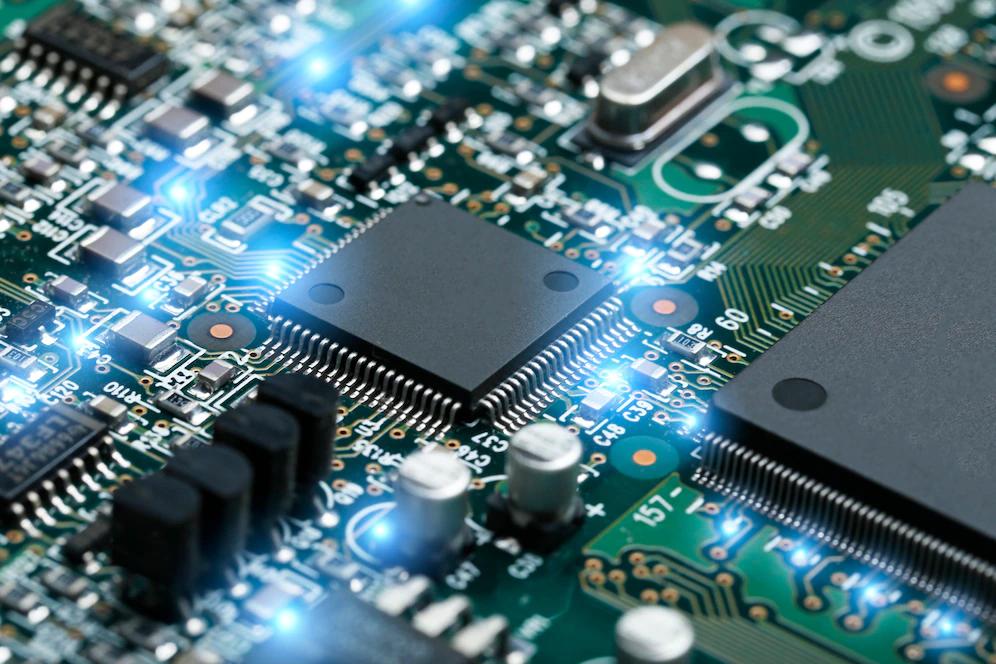We have technological products with us everywhere at any moment. One of the biggest enemies of these products is liquid contact. We were upset when your coffee spilled on the computer processor while working at the computer. But researchers have managed to reverse this situation.
Also Read: World’s Largest Wave Electric Power Plant to be Built in Turkey
Researchers Explained: What Happens When You Spill Coffee on a Processor?

A compound found in coffee can accelerate semiconductors, according to a report by the Advanced Institute of Industrial Science and Technology (AIST) in Japan. The researchers created a thin layer of caffeic acid on a gold electrode in an organic semiconductor using a process known as vacuum deposition. This reportedly increased the semiconductor current by up to 100 times its value, measured by a process called the Kelvin probe method. According to the research, after a thin layer of caffeic acid forms on the electrode surface, the caffeic acid molecules spontaneously align themselves on the electrode surface, allowing for faster current.
Of course, this doesn't mean you can pour coffee on your mobile workstation to speed up the process. But Japanese researchers believe this breakthrough could have some practical applications. These include the development of fully sustainable organic semiconductor devices that can be manufactured from materials derived from biomass. While organic semiconductors such as organic light-emitting diodes (OLEDs) and organic solar cells (OPVs) already exist, the researchers point to the environmental impacts of recycling these technologies, including on ocean ecosystems. Using caffeic acid, which can be derived entirely from plants, could reduce the need for the use of unstable chemicals in semiconductor manufacturing.





No comments yet for this news, be the first one!...